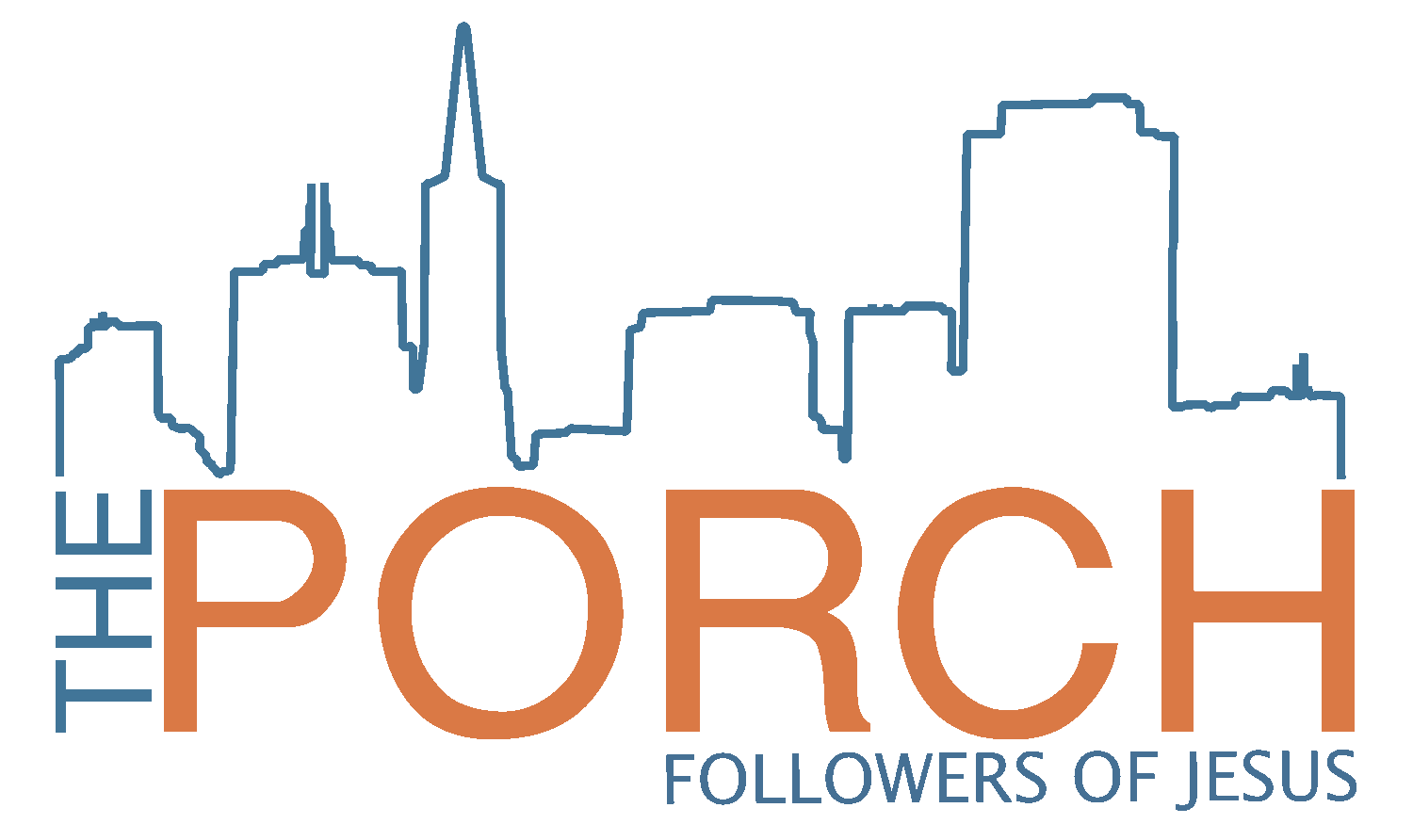July 28-August 1
[M] Jonah 1-4; Matthew 11
[T] 2 Kings 13-14; 2 Chr 25; Ps 53; Matt 12
[W] Amos 1-3; Matt 13
[T] Amos 4-6; Psalm 55; Matt 14
[F] Amos 7-9; Matt 15
Dwell Plan Day 151-155 | CSB | Digital PDF | Printable PDF
Notes from Jon & Chris
Monday
Jonah 4 | This book ends not with resolution, but with a question—a divine challenge left hanging in the air. Will you, like Jonah, cling to comfort and resentment, or will you rejoice when God’s mercy reaches even your enemies? The open ending invites us to examine our own hearts: do we love what God loves? The scandal of grace is that it welcomes Nineveh—and us.
Tuesday
Matthew 11:1–6 | This can feel like an odd exchange. John the Baptist asks Jesus a straightforward question “Are you the one?” and Jesus responds by pointing to His miracles. Why not just say, “Yes, I’m the Messiah”? Because Jesus wants to expand John’s vision of what the Messiah came to do. Salvation is a huge part of Jesus’ mission; He came to save sinners like you and me. But that’s not the whole work of the Messiah. Jesus came not only to forgive, but to put the world back together. The blind see, the lame walk, the lepers are cleansed—creation is being restored. The brokenness of the world is unraveling in His presence. When Jesus tells John to look at His works, He’s saying: “This is what the Messiah does. This is the kingdom of God breaking into this world. This is the beginning of the restoration of all things."
Wednesday
Amos | This book opens with a stern prophetic edge: Amos, a simple Judean herdsman called by God, delivers oracles against the pagan nations and then turns his gaze sharply back on Israel during the reign of the wealthy yet morally bankrupt Jeroboam II (we read about his reign yesterday in 2 Kings 14:23-29). Despite outward success (expansion, prosperity, and elaborate worship) the kingdom is unraveled by systemic injustice: the powerful trample the poor, public worship becomes a mask for greed, and covenant faithfulness is betrayed . Amos holds up a mirror exposing hypocrisy: empty sacrifices, disdain for the needy, and a complacent spirituality that has drifted into corruption. The Lord’s patience wears thin; Amos proclaims a “Day of the Lord” not as salvation, but judgment, with visions of locusts, fire, and destruction of the nation’s spiritual pillars.
Yet hidden within the thunder of justice is a spark of mercy: after announcing exile and despair, the book closes with a promise of restoration “out of the ruins… I will restore the fallen house of David." This climactic turn reminds us that divine judgment is never the end of the story: God’s ultimate aim is redemption, rebuilding, and resurrection for His people, even extending hope to the nations beyond Israel. Amos’s final word isn’t only about collapse, it’s a carefully placed stone of hope, declaring that God’s story moves toward repair and renewal.
This tension between judgment and hope points forward to the upside-down Kingdom of Jesus. In the Sermon on the Mount, Jesus upends expectations—blessed are the poor in spirit, those who hunger for righteousness, the merciful, the peacemakers—turning the world’s values upside down. Just as Amos measured Israel with a divine standard of justice and mercy, Jesus models a kingdom measured by self‐sacrifice, care for the marginalized, and radical grace. And where Amos whispered of a fallen house being restored, Jesus speaks openly of restoration, reconciliation, and the rebuilding of all things under His reign.
Thursday
Matthew 14:13-21 | The feeding of the 5,000 is one of the only miracles recorded in all four Gospels, a clear sign that it held deep significance for the early church. It wasn’t a quiet or private event; it happened in front of thousands of people. Many of those eyewitnesses would have still been alive when the Gospel accounts were written, which speaks to the public, historical nature of this miracle. Christianity doesn’t ask us to believe in hidden moments or secret revelations, it invites us to trust in a Savior who worked wonders in broad daylight in front of crowds.
But this miracle is more than just proof of Jesus’ power; it’s also a signpost pointing back to the story of Moses. In the wilderness, God fed His people with manna from heaven. Now Jesus, the greater Moses, feeds a new crowd in a desolate place. It’s a moment packed with meaning: Jesus isn’t just meeting physical needs; He’s declaring that He is the one who brings God’s provision, presence, and salvation.
The crowd came looking for food, but Jesus gave them a glimpse of the Kingdom. In providing bread, He was showing what kind of Messiah He is—compassionate, generous, and powerful. And for those with eyes to see, this wasn’t just about lunch, it was about life. He is the Bread of Life who satisfies our deepest hunger.
Matthew 14:29-31 | I think that when we read this text, our natural inclination is to judge Peter a little. He’s an easy target. He steps out onto the water, then falters in fear, and Jesus has to save him. But before you let your heart go there, let me ask you one simple question: when was the last time you walked on water?
